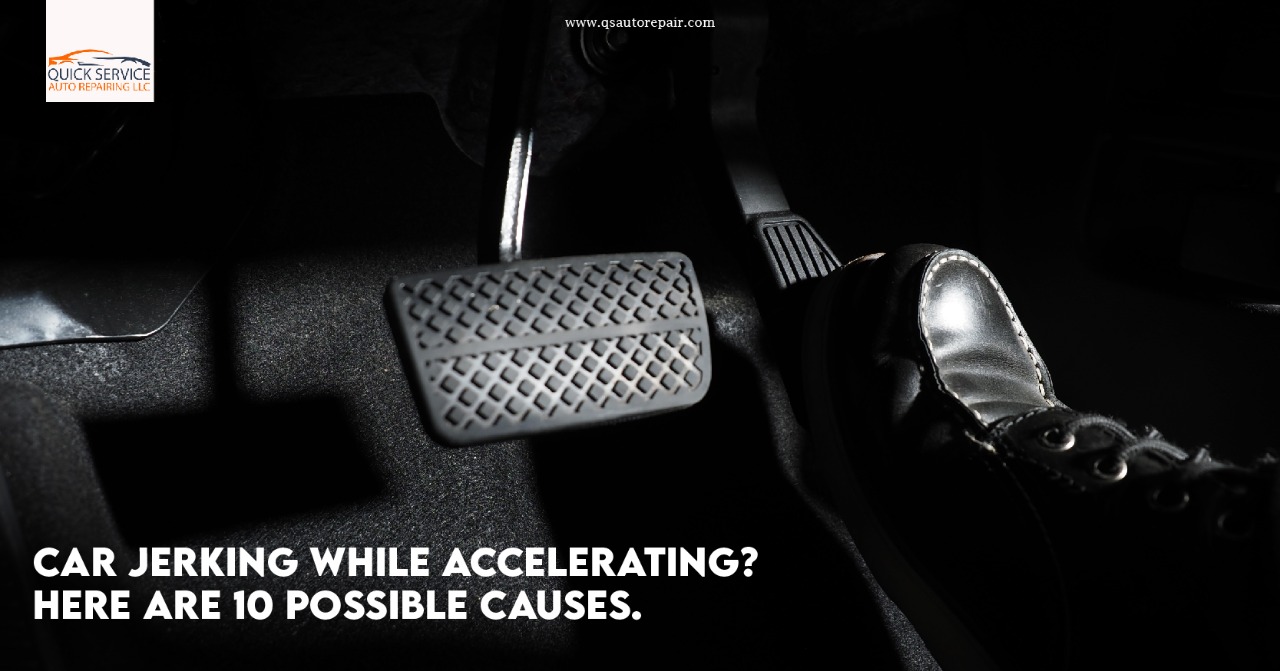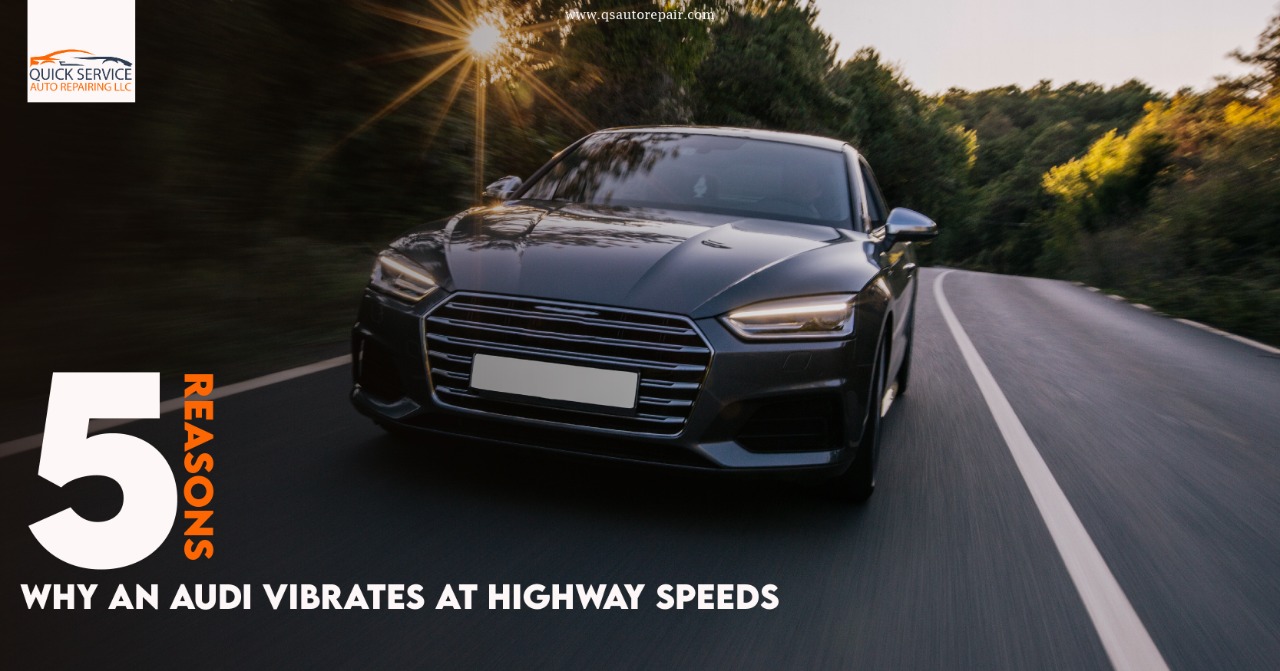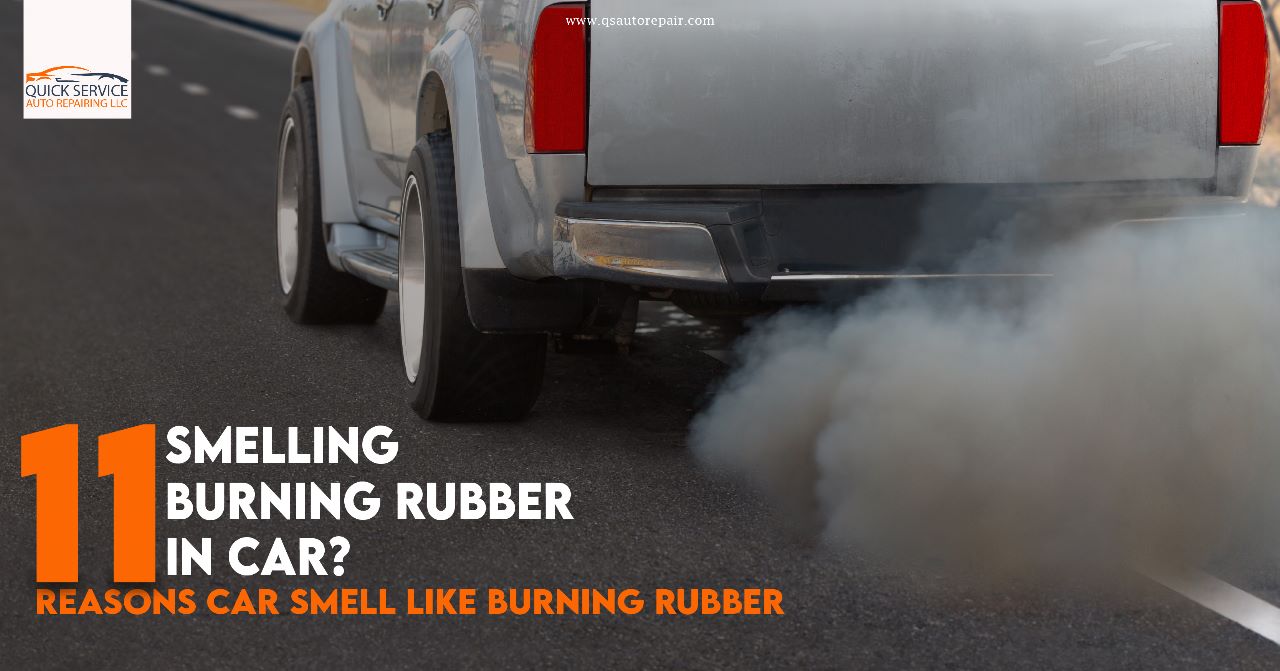We Are Open 7 Days a Week
Fri to Thu 08:00 AM - 10:00 PM
9 Reasons Why Your Car Struggles to Start But Runs Fine

A car that won’t start can be a frustrating problem. Many things could cause this problem, but fortunately, it can often be fixed relatively easily. In most cases, if a car struggles to start but runs fine once it’s started, the problem is likely with the battery, starter, or ignition system. These are all essential parts of the starting process, so if one isn’t working correctly, the car won’t start.
Car won’t start: Car struggles to start.
If your car doesn’t start, it could be due to various reasons. It could be something as simple as a loose wire or a dirty battery terminal. Or it could be something more serious, like a blown head gasket or a seized engine.
If your car is having trouble starting, check the battery terminals to ensure they’re clean and tight. If they’re corroded or loose, they may need to be replaced. If the battery terminals look good, the next step is to check the starter motor. If the starter motor is defective, it will need to be replaced.
If the starter motor is good, the battery terminals are clean and tight, and the car is getting battery power to the starter motor properly, the problem may be with the ignition switch system. This includes the spark plugs, spark plug wires, distributor cap, and rotor.
Car struggles to start but runs fine:
The car runs fine once it’s started. However, starting the vehicle can be a bit of a challenge. It usually takes a few tries to get the engine going, but once it’s running, it runs smoothly. It hasn’t had any issues with the car running rough or anything like that. It’s just the starting that can be a bit tricky.
If your car struggles to start but runs fine once it’s started, there are a few potential causes. It could be something as simple as a dirty air filter or a weak battery. Or it could be something more serious, like a fuel injection problem.
If your car is having trouble starting, the first thing you should do is check the air filter. A dirty air filter can restrict airflow and make it harder for the engine to start. If the air filter looks clean, the next step is to check the battery. A weak battery may not have enough power to turn over the engine.
If the battery is strong and the air filter is clean, there may be a problem with the fuel injection system. Fuel injectors spray gasoline into the engine cylinders, and if they’re not working correctly, the engine won’t start.
Potential causes: Reasons why your car struggles to start.
There could be a few reasons why your car is struggling to start. One possibility is that the battery is running low on power and needs to be recharged or replaced. Another case is that there is something wrong with the electrical system in the car, preventing the engine from starting.
It’s also possible that there is a problem with the fuel system, preventing the engine from getting the gas it needs to start. Finally, if your car has been sitting for a long time, it’s possible that the engine has seized up and will need to be repaired before it can start again. Whatever the reason, it’s best to take your car to a mechanic to diagnose and fix it.
Mechanical issues: A loose connection between the battery and the starter and a faulty Charging System.
If your car is having trouble starting, a few potential mechanical issues could be the cause. It could be something as simple as a loose connection between the battery and the starter. Or, the problem could be with the fuel system: either the fuel isn’t getting to the engine or the engine isn’t getting enough spark. Either way, it’s best to take your car to a mechanic to diagnose and fix it.
Fuel problems: A few issues can cause fuel system problems and prevent the car from starting.
If your car is having difficulties starting, it may be due to a fuel-related problem. A few issues can cause fuel system problems and prevent the vehicle from starting.
One potential issue is a problem with the fuel pump. The fuel pump delivers gasoline from the tank to the engine. If the pump isn’t working correctly, the engine won’t receive the gas it needs to start. Another possibility is a clogged fuel filter. The fuel filter cleans the gasoline’s impurities before reaching the engine. If the filter is clogged, it can restrict gas flow and prevent the engine from starting.
Finally, there could be an issue with the fuel injectors. The injectors deliver a fine spray of gasoline into the engine cylinders.
Car Battery issues: It could be due to battery issues.
Your car may have trouble starting, and it could be due to battery issues. The battery is responsible for providing the initial electrical charge to start the engine, so if it’s not working correctly, the car won’t start. Several things can cause battery problems, including a loose or corroded battery terminal connection, a dead cell in the battery, or a failed charging system. If you’re having trouble starting your car, a mechanic should check it out to diagnose the problem and get it fixed.
Weather Conditions: Temperature Outside can also be a cause.
When the temperature outside is freezing, your car’s battery must work harder to start the engine. This can cause the battery to die quicker and make it harder for your car to start. If you’re having trouble starting your car in extreme weather conditions, you can do a few things to help it out.
First, make sure that the battery is fully charged. If not, try charging it overnight or taking it to a mechanic to test it. Once you know the battery is OK, check the oil level and tire pressure. Both of these can be affected by extreme weather conditions and cause your car to have difficulty starting.
If you’re still having trouble starting your car, talk to a mechanic about potential issues causing the problem.
Starter issues: One possibility is starter issues.
If your car is having difficulty starting, several potential causes exist. One possibility is starter issues. The starter is responsible for turning the engine over, so if it’s not working correctly, the car won’t start. Some things, including a bad battery, bad connections, or a problem with the starter itself, can cause starter issues. If you’re having trouble starting your car, it’s worth checking into these possible causes to get to the bottom of the problem.
Alternator Problems: reason car Struggles to Start But Runs Fine
If your car struggles to start but runs fine once it’s started, it may be experiencing alternator problems. The alternator is responsible for powering your car’s electrical system; if it fails, it can cause all sorts of starting issues. If you suspect your alternator is the problem, take it to a mechanic to check it out.
Technical Malfunction in Coolant Sensor
A car that struggles to start can be frustrating, especially when you’re in a hurry. There are several potential causes for this problem, but one of the most common is a technical malfunction in the coolant sensor. This sensor is responsible for regulating the flow of coolant through the engine; if it isn’t working correctly, the engine can overheat.
This can cause many problems, making it difficult to start the car. So if your vehicle is having trouble starting, it’s worth taking it to a mechanic to check the coolant sensor out.
Air Filter
If your car struggles to start, it might be time to check the air filter. A dirty air filter can restrict airflow to the engine, making it harder for the engine to start. You can usually tell if your air filter needs to be replaced if it looks dirty or clogged. Replacing a dirty air filter is easy and can help improve your car’s fuel efficiency and performance.
Distributor Cap And Rotor
If your car takes time to start, it could be a problem with the distributor cap and rotor. These parts distribute the electrical current from the ignition system to the spark plugs. Over time, the distributor cap and rotor can become worn out, causing the car difficulty starting. If you suspect your distributor cap and rotor may be the problem, take your car to a mechanic to check it out.
Solutions: prevent your car from struggling to Start
If your car is struggling to start but running fine once it’s going, there are a few potential causes and solutions to explore. One reason might be that your car battery is nearing the end of its lifespan. In this case, replacing the battery should do the trick. Another possibility is that your spark plugs are dirty or worn out, so you’ll need to have them cleaned or replaced.
Finally, it could be an issue with your fuel system, like a clogged fuel filter. If this is the case, you’ll need to have the filter replaced.
What does it mean if the car struggles to start?
If your car struggles to start, the engine has difficulty turning over. Some things, such as a weak battery, dirty spark plugs, or a faulty starter, can cause this. If your car is having trouble starting, you should take it to a mechanic to have it checked out.
What does a weak starter sound like?
When the starter motor is weak, it can make a clicking noise. This is because the solenoid isn’t engaging correctly, so the engine can’t turn over. If you hear this noise, getting the starter checked out as soon as possible is essential.
What does a weak starter sound like?
A weak starter may produce a clicking noise when the key is turned, or the engine may crank slowly or not at all. If the engine does start, it may stall soon after starting. These are all signs that the starter motor is not getting enough power to turn the engine over.
Conclusion:
After investigating some potential causes, it has been concluded that the starter is the most likely cause of the car’s problem. The car’s battery is also a possible cause, but it is less likely than the starter. Nevertheless, the vehicle should be taken to a mechanic to have the starter checked and replaced if necessary.









